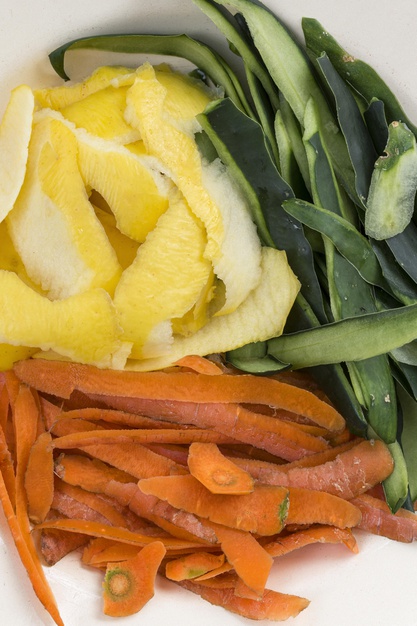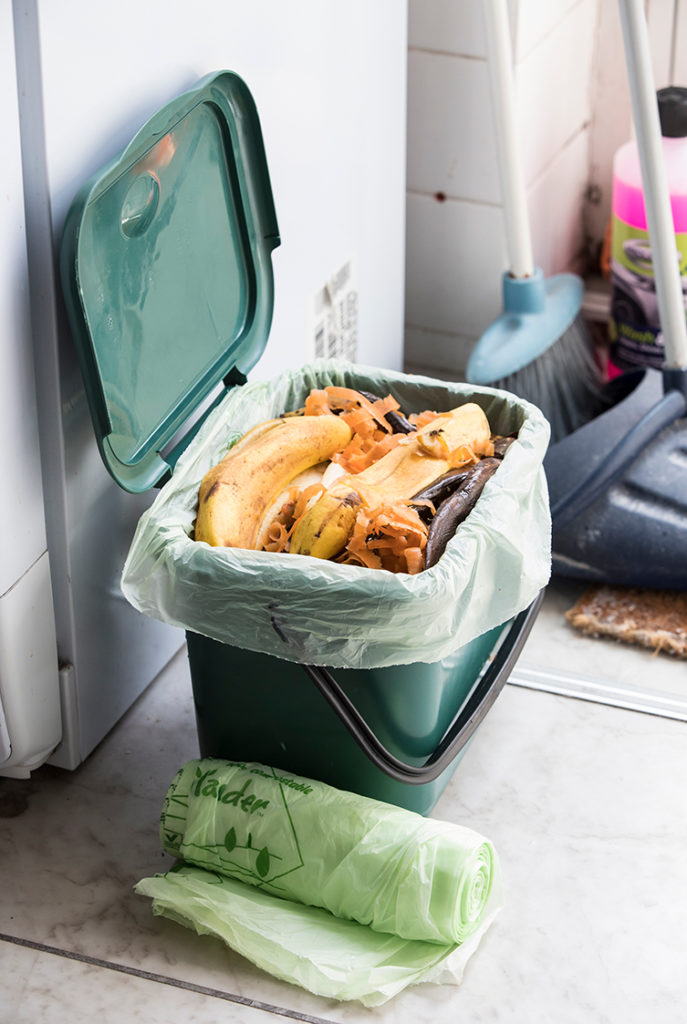My previous blog focused on the urgency of tackling food waste, and I mentioned the benefits that compostable caddy liners can play in removing public barriers to recycling this valuable resource.
 Raw material shortages
Raw material shortages
Clearly, compostable packaging has an important role to play in helping to tackle the food waste crisis. However, it has been well documented that the pandemic has led to shortages in the supply of the raw materials used to produce this and other packaging – an issue I raised in another recent blog. This shortage is on a scale not seen for some time and has affected polymer prices. Increased demand for packaging and PPE, intensified by Covid-related factors including the stockpiling of food, growth in online shopping and more home cooking, has exacerbated these supply issues. In the UK, issues experienced at borders as a result of Brexit have added to this situation.
Environmental benefits
In the government’s recently published summary of responses from its consultation into ‘Standards for biodegradable, compostable and bio-based plastics’ the foreword acknowledges that: “Where the infrastructure required is in place, compostable plastics also have the potential to ensure less food waste ends up in landfill where it can emit powerful greenhouse gases.”

Compostable food caddy liners are widely used in many local authority food waste recycling schemes, applying WRAP compostable plastic packaging guidance. Alternative options for capturing food waste, such as plastic bags, produce high contamination rates, whilst paper or ‘no bag’ options tend to be disliked due to the mess this produces.
The benefits are being widely recognised on an international level. A recent report by Ricardo Energy surveyed experts across the UK, France, Germany, Italy and Spain about compostable packaging. Over two-thirds of respondents (72%) stated it would help increase the amount of food waste captured and would decrease plastic contamination.
Cost benefits
The Bio-based and Biodegradable Industries Association (BBIA) recently commissioned Sancroft International to undertake a detailed cost analysis of the implications of different food waste caddy liners. The assessment of PE bags, compostable plastic bags, paper bags, and no bags concluded that “compostable bags have the most effective balance of reasonable costs, minimisation of plastic contaminants in the biodegradable waste stream and maximisation of total food waste collected and processed.”
Minimising production issues
Cromwell’s ongoing investment in our UK recycling and manufacturing operations means we have been able to minimize production issues from the shortage of raw materials as much as possible. We have been able to increase capacity for recycling and production of our products using high-content recycled polythene.
For more tips and advice about reducing food waste, saving precious resources, and reducing our impact on the planet visit the Cromwell Literature Bank.